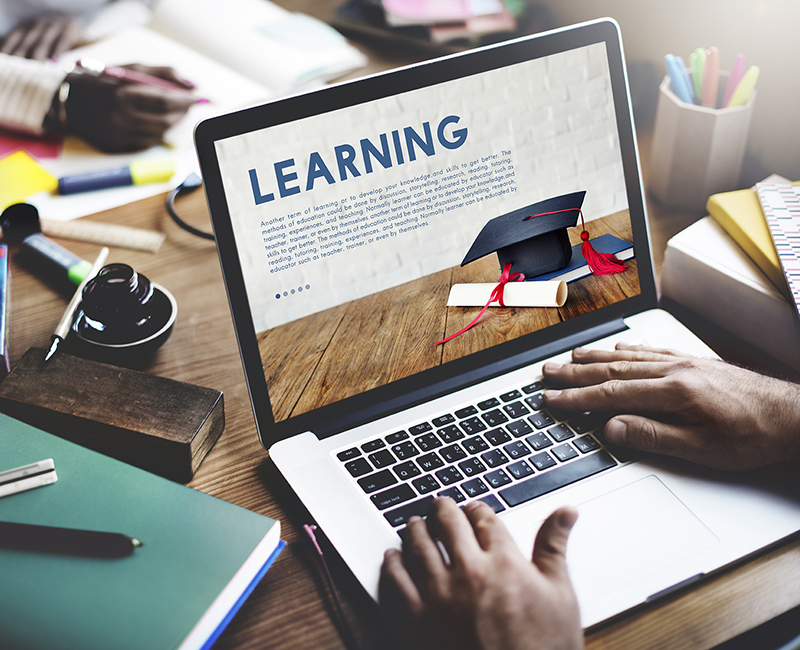So many of us go through the education system anticipating the day we finish so that we can get out into the world of work to kick-off our careers and start making some money.
In reality, is what you have learnt up until that point enough to sustain you throughout your whole career? The simple answer is no. It has been estimated that over 60% Primary School age children right now will be working in job roles that don’t yet exist. The world of work as we know it is rapidly changing and if you don't evolve with these changing times it could be your career that suffers.
A study conducted by City & Guilds Group which surveyed over 1,000 UK professionals, highlighted the importance of coaching to help employees adapt, as well as the potential risks of not doing so. With this in mind, your employer should be doing all they can to equip you with the necessary skills, and if they aren’t, it may be time to take ownership and speak up for the benefit of both you and your employer. If all else fails and they aren’t ready to invest in your development, the last resort might be to start looking elsewhere for an employer that is.
What can you do to make sure you don’t get left behind?
The key to staying ahead comes in the form of Self-Development – or “Learnability”. You should see self-development as non-negotiable: until you’re willing to commit to your own learning, you can expect those that do to excel beyond you.
There is a huge amount of research to support the above statement, which also highlights the multitude of benefits that come with it. This includes the more obvious benefits such as improved effectiveness, productivity and increased confidence, to the less obvious benefits such as an increase in resilience and lower stress levels.
Learnability – what is it?
If you haven’t guessed it already, the clue is in the word: Learn-ability = ability to learn. To expand further, it is “the desire and ability to quickly grow and adapt one's skill set to remain employable throughout their working life.” This means you must make a conscious effort to continuously develop, and one way you can do this is to create a personal development plan. This is a useful tool which will help you to establish objectives based on what you would like to improve and create an action plan to achieve them.
You can also take this quick assessment to help you understand your learnability profile, which then provides you with the resources needed to build on this. By doing so, not only will you remain attractive to future employers, you will also increase your likelihood of having a competitive edge over your peers and progressing in your career.
Written by Chloe Davidson, from our Cardiff branch.
